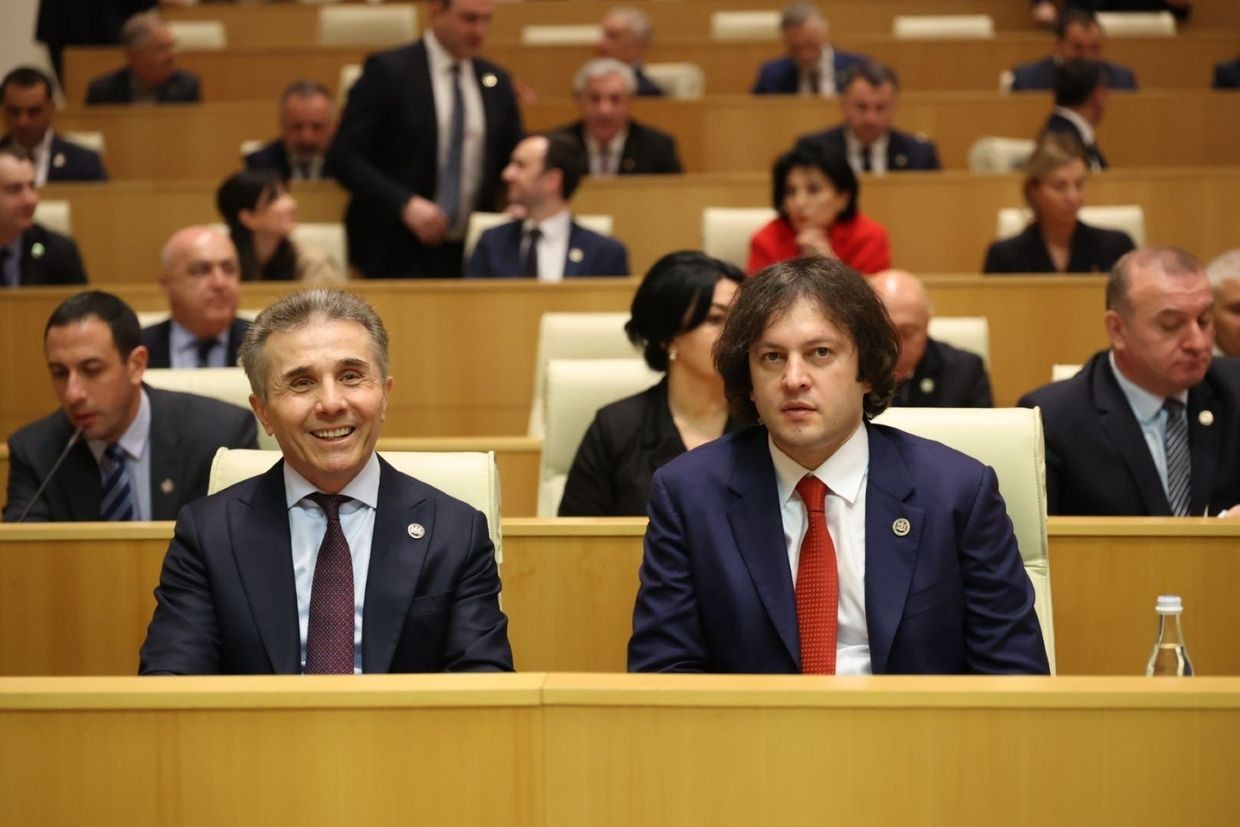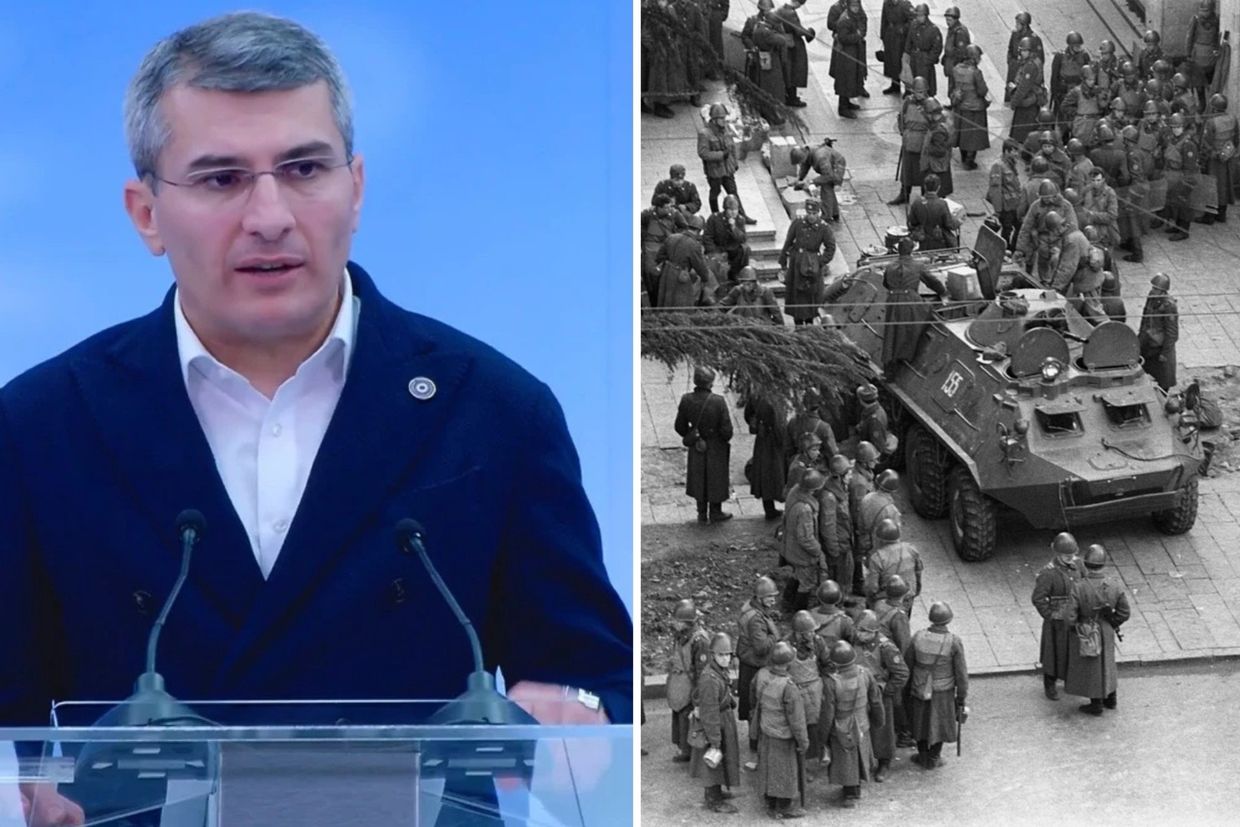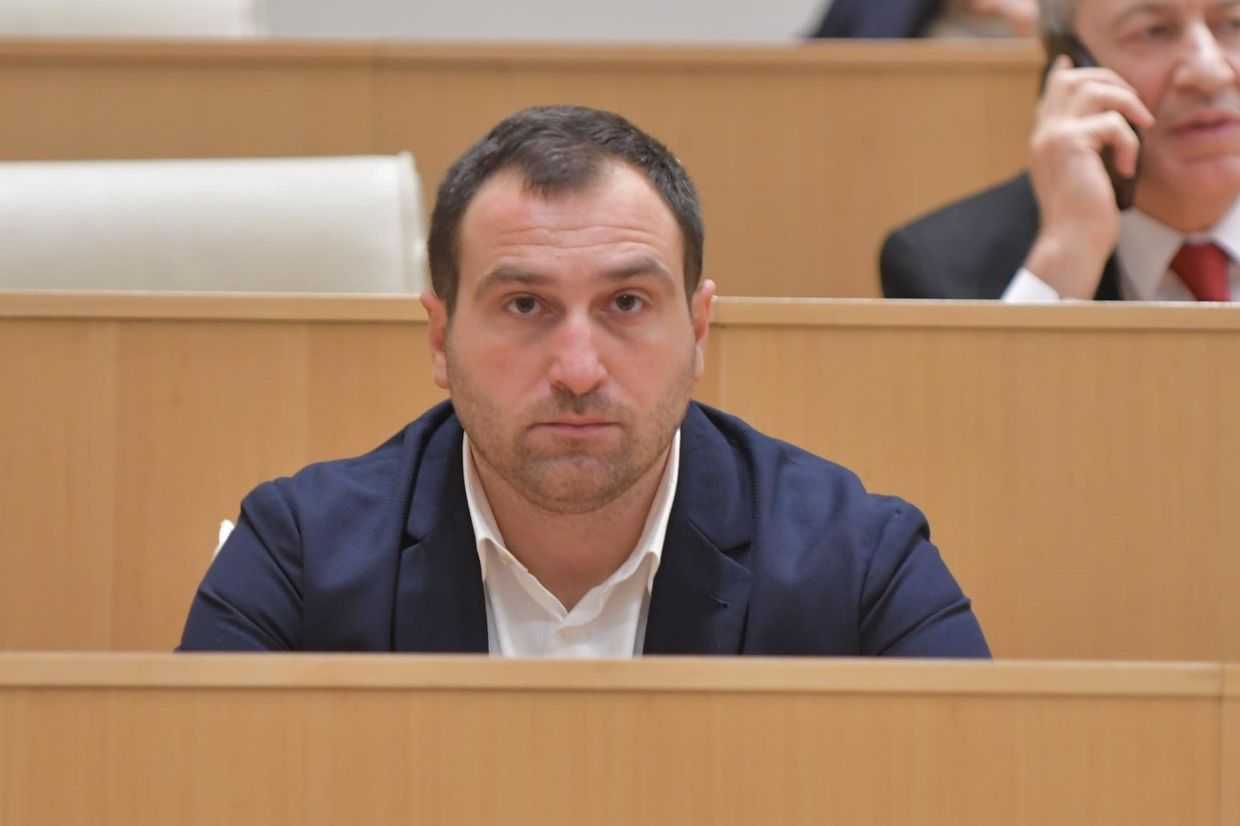
The Lithuanian Migration Department has published a list of 102 sanctioned Georgian citizens, which includes members of the ruling Georgian Dream party, individuals close to the party and their satellites, judges, police officers, prosecutors, and the owner of the pro-government TV channel Imedi.
All those on the list of ‘undesirable persons’ are banned from entering Lithuania until at least 2029, with some banned until 2030.
According to RFE/RL, the travel sanctions were imposed at different times — this is the first time Lithuania has published a full list with names.
The first time Lithuania sanctioned Georgian individuals was on 2 December 2024, when they issued travel bans on 11 people. Four days later, the list was expanded by another 17 people, and on 3 March 2025, the list grew to include another 74 people.
The total list as of publication includes Georgian Dream founder and billionaire Bidzina Ivanishvili, Prime Minister Irakli Kobakhidze, the party’s General Secretary and Tbilisi Mayor, Kakha Kaladze, along with other Georgian Dream members.
Also included in the list are judges hearing the cases of those detained for participating in the ongoing pro-European protests as well as the police officers who detained the demonstrators.
The list of those sanctioned also includes figures involved in the case against Netgazeti and Batumelebi founder Mzia Amahglobeli.
The sanctions from Lithuania have come alongside those of several other Western countries in response to democratic backsliding in Georgia.
On 10 April, the UK imposed sanctions on four high-ranking officials ‘for their role in allowing serious human rights violations in response to legitimate protests in Georgia since 2024’.
Among those sanctioned were Prosecutor General Giorgi Gabitashvili, Head of the Special Investigatory Service Karlo Katsitadze, First Deputy Minister of Internal Affairs Shalva Bedoidze, and Deputy Chief of the Special Tasks Department Mirza Kezevadze.
According to Transparency International Georgia, over 200 Georgian Dream members have been sanctioned so far. The names of all of them are not known, as visa restrictions are often not made public.

Despite sanctions from a number of EU member states, the EU itself has not imposed sanctions due to a lack of consensus. Brussels has, however, suspended visa-free travel for Georgian diplomatic passports.
Following the October 2024 parliamentary elections during which widespread electoral violations were recorded, opposition parties refused to take up their seats in parliament.

The political crisis deepened when Kobakhidze announced in late November that the government was halting Georgia’s EU bid until 2028, sparking daily mass protests during which more than 400 demonstrators were reported to have been detained thus far.
Since the protests began, police and unidentified masked men have assaulted a number of protesters, including numerous journalists covering the protests.
The ruling Georgian Dream party has also pushed through several pieces of repressive legislation targeting media and civil society.











